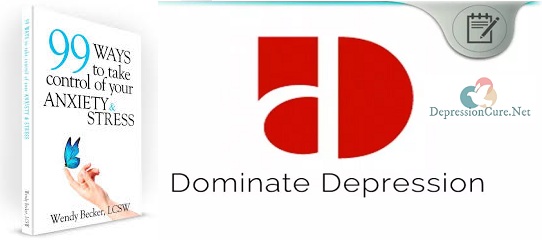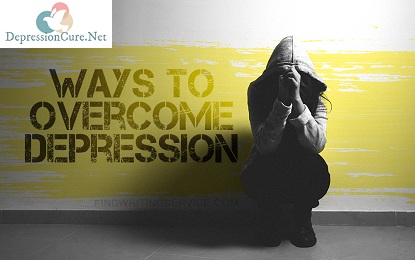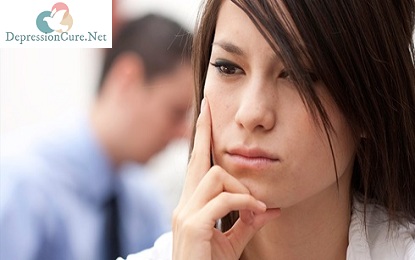Introduction
Young Irish Women’s of age between 15 to 24 in the majority of EU states found more suffering from depression than their men.
These Young Irish women are suffering from their highest levels of depression among their generation in European countries, which has been found in a new study.
Eurofound researchers say that around 17% of Irish women aged between 15 to 24 are at high risk of developing the symptoms of depression. There is more than twice the number of young Irish men who are at risk and the highest rate in Europe by this problem.
What was the major cause of the Great Depression in Europe?
The study done by the EU agency for the improvement of working and living conditions found that young women were more likely to handle these upsetting events internally, which can lead them towards self-harm and eating disorders like anorexia or bulimia.
It is also reported that stress from school, expectations from their parents, and the opposite sex and pressure from their society makes their life more stressful and challenging, and bearing this pressure sometimes goes beyond their holding power.
Click Here To Read: 22 Ways To Become More Positive – How To Become Positive
The socioeconomic condition also plays an active role in the young person who put them at risk of depression with those who are living in homes in the lowest income category are most likely to become the patient of depression.
Ireland also had the highest percentage of chronic depression among all 15 to24 years old age peoples at 12%, which is followed by Finland (11%), Sweden (10 %), and Germany (9%), according to the data for 2014.
A total of 14 % of Europeans that age is between 18-24 were found to be at high risk of depression with the highest levels in Sweden, followed by Malta, the Netherlands, Estonia, and the UK.
The European-wide research reported a 78% increase in the homelessness among young Irish people aged between 18 to 24 between the years 2017 and 2018. Note that more than 1 in 3 homeless people in Ireland is a child/ youngster. (Young Irish Women)
The number of young people in Ireland is at risk of poverty, and exclusion dropped slightly between the year 2011, when 42% of 18 to 24-year-old peoples were at risk, and in the year 2016, when the percentage fell to 32%.
However, the study also warns that the lack of a universal healthcare provision for youngsters in Ireland plays a significant role in the difference of access to the essential services in this country.
Click Here To Read: 15 Scientifically Proven Ways to Be Incredibly Happy – How To Be Happy
Physical Health
In its report of physical health, the study also found 6% of Europeans aged 15 were obese or overweight with the highest levels of obesity in Greece, Bulgaria, Malta, and Wales.
It also cautioned boys and young men increasingly affected by eating disorders like bulimia and anorexia, which can lead to low self-esteem, social isolation, and sexual apathy.
In Ireland, around 18% of boys and 13% of girls aged 15 were found to be obese or overweight as per the data of the year 2014.
Ireland country was found to have the highest level of binge drinking, with 32% of their young people reported binge drinking on weekends. The Netherlands country had the next highest level of binge drinking, which is followed by the UK.

Young women in Ireland were found also suffering from cyber-bullying more than male people, while Ireland had one of the highest rates of cyber-bullying in entire Europe.
The EU population aged between 12 to 24 fell by 10 million between the year 2011 and 2016 when there were a total of around 72 million.
The most massive fall was in Poland (2.8 million), which is followed by Romania (1.9 million) and Spain (1.3 million). The drip in these countries is explained in large part by the impact of the economic/ financial crisis, with many of the young people moving to other countries to find work.
The only exceptions were in the Netherlands and Denmark, where the young population is slightly increased.
Note: Depression Cure does not provide any type of medical advice, diagnosis, or treatment.





